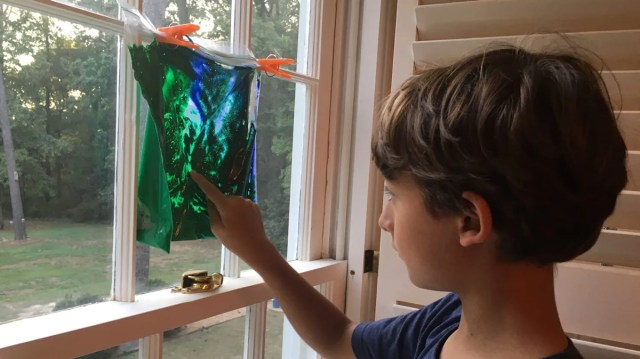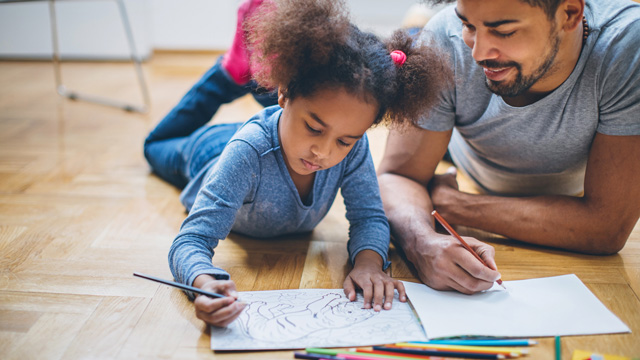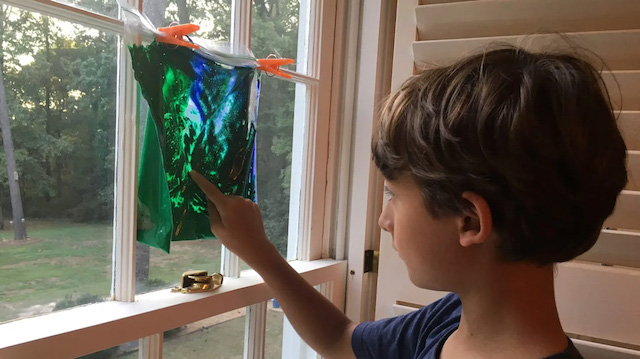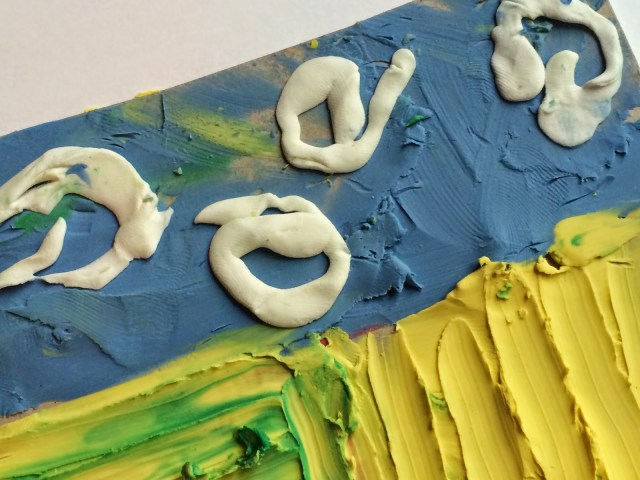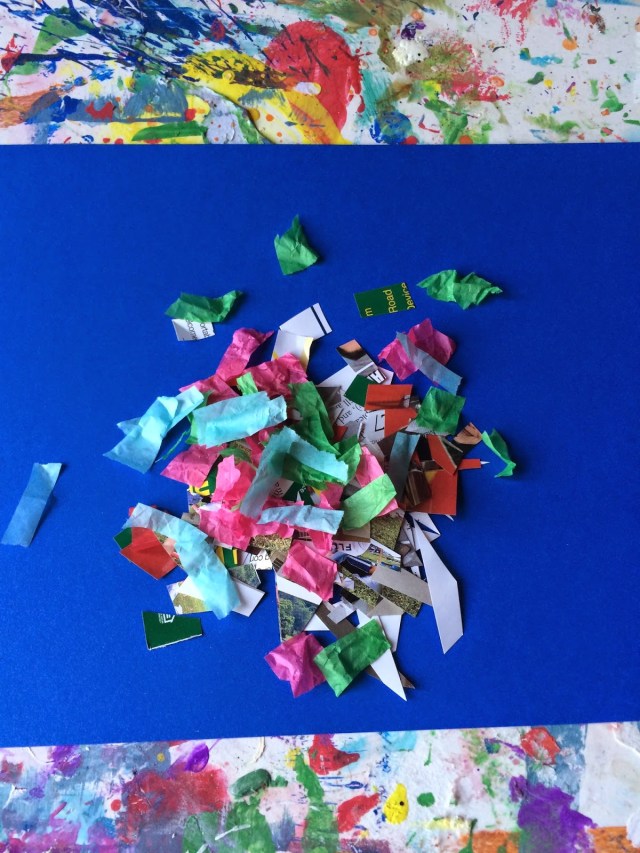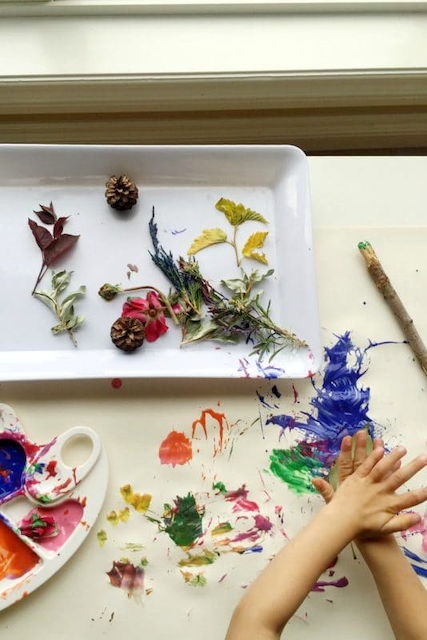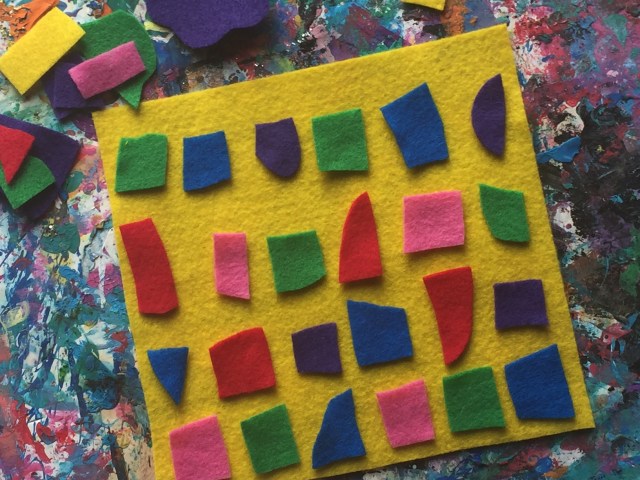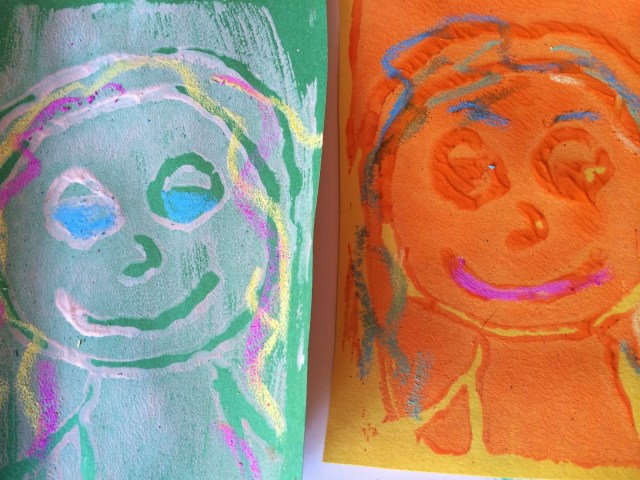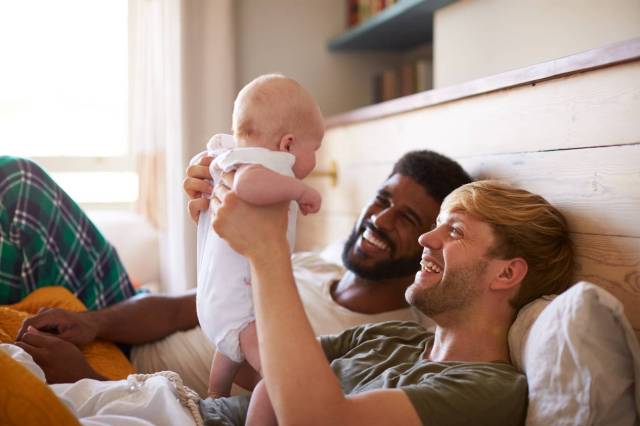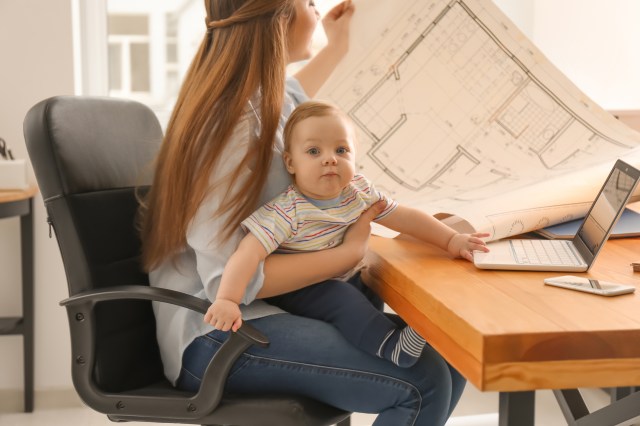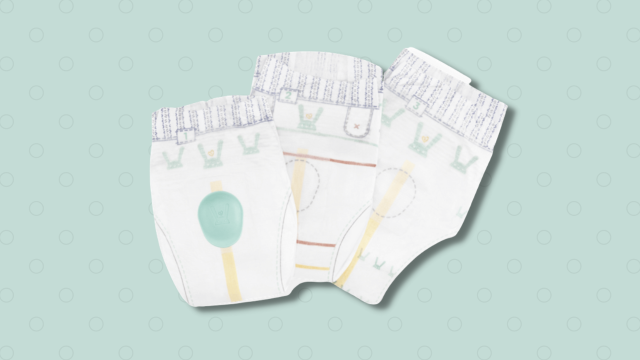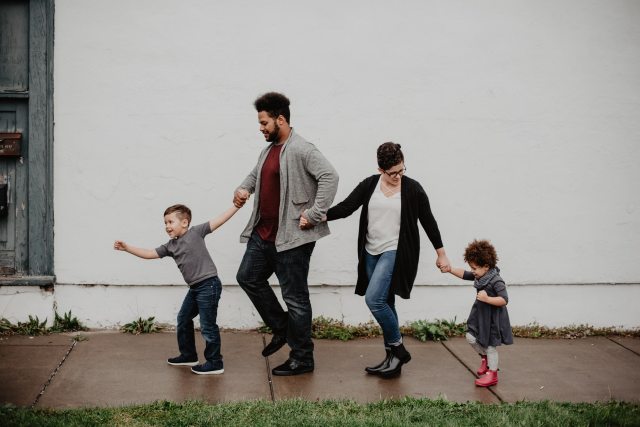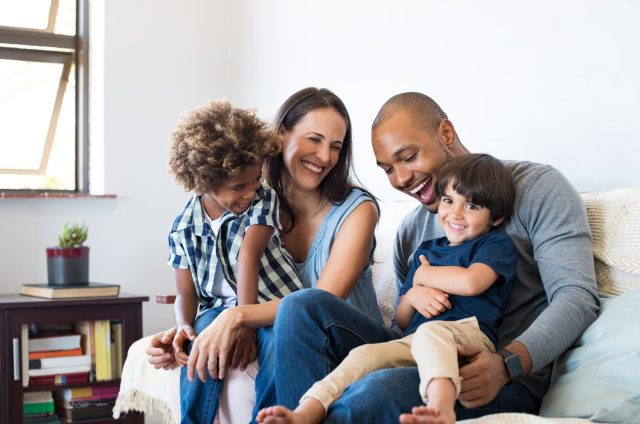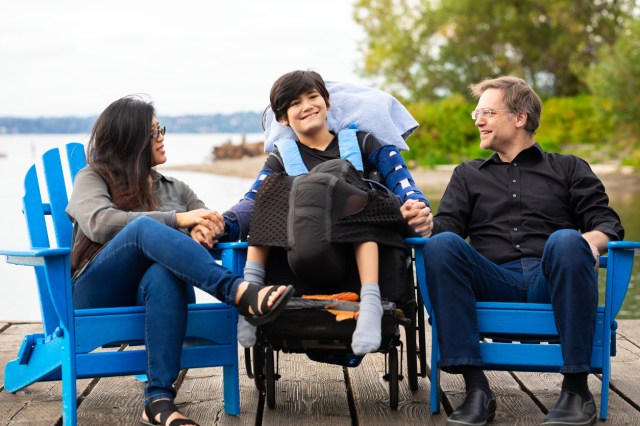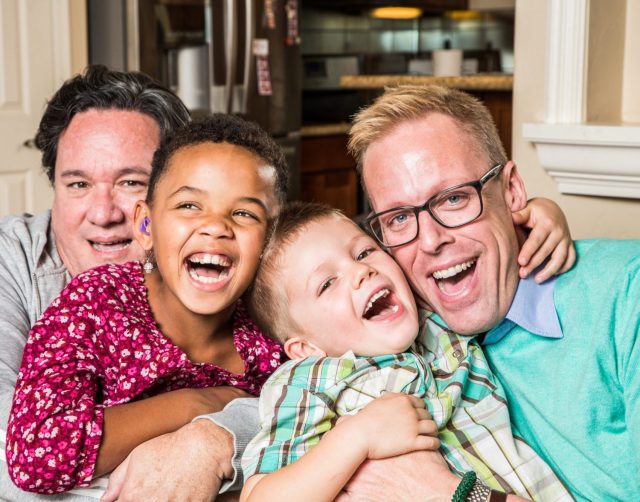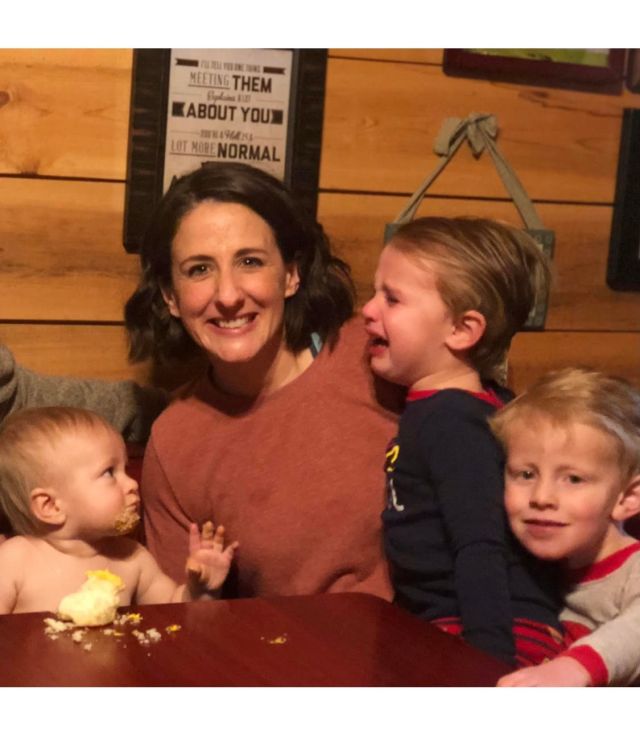Being a stay-at-home mom sounds a bit like a dream, right? After all the years of working, earning and saving, finally, the day comes when you’re off on maternity leave. Maybe a nice baby shower with lots of cake and cute clothes and teddy bears. Then, finally, you get to sit and put your feet up and wait for this little person to take over your life.
And then he or she arrives. No sleep, lots of crying, constant hunger… and that’s just you! Babies are so demanding at first, and our whole life is about trying to seek out a little bit of undisturbed sleep where we aren’t worrying about whether the baby has stopped breathing in bed or our boobs aren’t painful, swollen rocks leaking little puddles onto the sheets.
But one day, everything settles down into a bit of a routine. You find that you get back some sleep and you start to feel human again. Now’s the fun bit, right? You get to just hang out with this little person, go to the park, long walks in the pram, coffee with other moms and just kicking back while the rest of the world keeps working.
The baby doesn’t need you 24/7 anymore and, in fact, you can start leaving them with other people for short periods. Your brain is starting to work again, slowly. You can even start to hold a decent conversation without either yawning or crying.
Now, I don’t know about other moms out there, but this was about the time I started to get bored. And this was, as a result, where the guilt really started!
I struggled to get up in the morning and focus for the day. Some days, I really found it hard to get motivated to leave the house at all. I felt like I was really cheating the system and just sitting around contributing nothing. I knew all the rhetoric—stay-at-home moms work harder than anyone in the workplace, enjoy the time to yourself and with your baby, they are little for such a short time, blah blah blah.
But I just couldn’t get into it.
I would try and get into being a really present and tuned-in mom. I would sit down and do some kind of really fun and engaging game with him that I had seen on Play School –yeah, this is awesome… look how much fun he’s having… I’m such a good mom, I would think. Then I’d look at the clock. Ten minutes had passed!! I still had the whole rest of the day to fill.
I realized why so many moms join mother’s groups and coffee mornings. It’s just to fill in time and get out of the house so the day goes faster! I’m not really much of a “joiner,” though, so I struggled to turn up for those kinds of things, and as a result, I spent a lot of time on my own slowly going crazy.
The guilt was enormous.
Why wasn’t I enjoying this more? What’s wrong with me that I am not relishing not having to go to work and have boring conversations with people all day about stuff that doesn’t really matter? I mean, after all, isn’t this the most important work you can do?
Well, I didn’t feel important; in fact, I felt like a fraud. Everyone else was out there earning a living and contributing to society, and I was here at home with this beautiful little human I made, bored out of my mind reading board books and playing with teddies all day.
Then one day, someone emailed me asking me to do some part-time work from home.
I resisted at first, feeling a different type of guilt. It was the guilt of admitting to myself that I didn’t really like staying at home. This is much harder guilt to overcome when there is absolutely nothing in life stopping you from enjoying staying at home with your baby.
While you feel like people will judge you if you go back to work and leave bub with someone, you feel equally judged being at home and not really having your head fully into being a mom. I know everyone says that just being with you is all the baby needs, but I really felt like I was completely robbing this kid of having someone around who could actually do fun things that would help his development.
So I hired a nanny and took this job.
The first day I left him, there were tears all around. I was crying at leaving him, he was crying that mommy had ditched him with some complete stranger and the guilt was so intense I could almost taste it.
But then I got in the car, I turned up the music (and my resolve) and I headed into the city. I spent a few hours in meetings where I was briefed about my role, I got to meet a few people, I had a nice lunch and then I sat for a moment in a coffee shop. For the first time in months, I felt pretty happy.
I headed home and walked in to be greeted with the most amazing sight. My little boy was sitting with our nanny, on her lap, playing with a little toy, and she was singing and playing the xylophone. They were having a lovely time.
You could tell just taking one look at this woman that hanging out with kids is her favorite thing to do in life. They had obviously been having a ball. She’d done some foot painting with him, they’d been out for a walk and bought some books at the second-hand shop. She was just glowing with happiness and excitement at having spent a few hours with my son.
And I actually felt a great sense of relief and contentment. From that day on, I was a much happier person and, I think, a much better mom. On the days I wasn’t working, I really loved every second of being with my boy, and on the days I was working, I really loved every second of being on my own. It was as though it took being away from him to make me realize how special it was to actually be with him.
It took me this time to realize that I’m not the sort of person who can stay at home all day with a baby, and that is actually OK. The thing about parenting is that you have to do it the way that works for you.
There’s no right or wrong way to organize your family or to live your life. And there’s absolutely nothing wrong with admitting that you just don’t like not staying at home full-time.
Everyone needs balance, and I actually think it’s really healthy to have your kids get used to being looked after by other people and to understand early on that they really can live without you. And if, at the end of the day, you are a happier, more peaceful person, then that can only make you a better mom as well.
So don’t allow yourself to feel guilt, regardless of what you end up doing. As long as you love your kids and you set up your life so that you are the best person you can be when you are with them, then you are being a good parent. Go out and live life the best way you can and always remember, you are a person in your own right, as well as a mom who loves your kids. There’s no room for any guilt in that sentence!
Originally published Sept. 2016.
RELATED STORIES
What I Didn’t Realize About Maternity Leave Until I Lived Through It
How to Stay Sane as a Stay-at-Home Parent
Advice to New Moms from Moms Who’ve Been There
I'm a Dubai expat mum and I love to tell the funny side of life here and about travelling the world with a young family.Because let’s face it – no matter how well planned your travel journey, its those those funny, quirky moments that appear out of nowhere that create the real memories.
